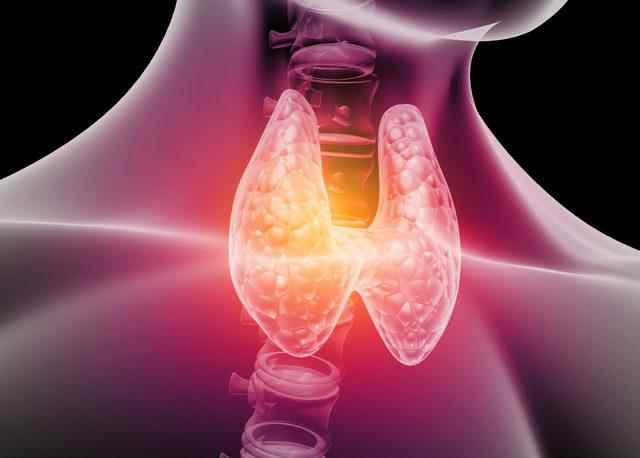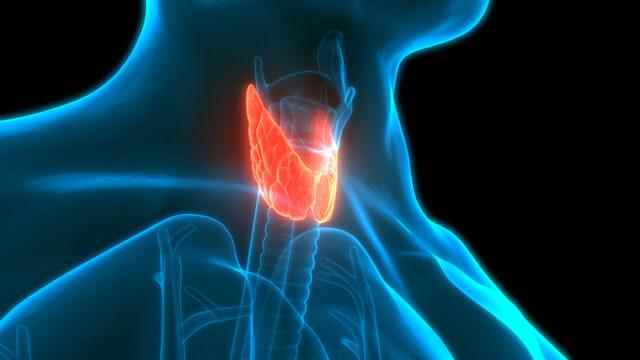The thyroid gland is a butterfly-shaped, bipartite endocrine gland in the anterior part of the neck. It is located in front of the trachea and secretes thyroid hormone depending on the stimulus from the brain. Thyroid disease, on the other hand, means that the gland does not make enough hormones, produces excess hormones, nodules in the thyroid gland or inflammation of the thyroid gland.
Thyroid gland diseases are basically divided into two, the first of which is hormone diseases of the thyroid. It is caused by a disorder in hormone production and consists of an excess or a shortage of hormones. The second is structural diseases of the thyroid. Here, structural deterioration is observed. Production can be normal or abnormal. General Surgery Specialist Op. Dr. Çetin Altunal gave information about the subject.
WHAT IS THYROID INFLAMMATION?
Thyroid gland diseases are a name given to diseases seen in the gland and have different types. Although it is found in all age groups and genders, it is seen 5 to 8 times more in women than in men. Moreover,
- In women over 60 years old,
- Those with previous thyroid disease or cancer,
- Medical conditions such as Turner syndrome, primary kidney failure, type 1 diabetes,
- In those with a family history of thyroid disease,
- Those who use drugs containing high iodine,
- It shows more of its effect.
WHAT CAUSES INFLAMMATION OF THE THYROID Gland?
Thyroid inflammation is a major risk factor for iodine excess, thyroiditis, thyroid nodules and graves disease. If there is inflammation in the area, the symptoms are as follows;
- Forgetfulness
- Nausea
- Diarrhea and constipation
- state of extreme irritability
- sudden outbursts of anger
- eyes protruding forward
- Low
- sudden weight loss
- sudden weight gain
- Palpitation
- Hot flashes or chills quickly in the cold
- Thinning or thickening of hair
In addition to these, conditions such as depression, fatigue, muscle cramps and menstrual irregularity are also seen. However, if these symptoms are seen, the diagnosis is first made by examination, and then treatment is applied accordingly.
HOW DOES THYROID GLAND INFLAMM.
Medication and nutritional therapy are usually recommended for thyroid gland diseases. Surgery can be performed for some thyroid diseases. For this, the following procedures are applied;
Patients whose hyperthyroidism cannot be controlled with drugs or radioactive iodine, or who are thought to be uncontrollable.

Patients with known or suspected thyroid cancer by needle biopsy
Patients who are thought to be benign, but whose diameter is gradually increasing or who show signs of pressure on the neck
The treatment plan is also arranged according to the patients.
WHERE DOES INFLAMMATION OF THE THYROID GLAND CAUSE PAIN?
Thyroid gland diseases can be seen in the form of sudden pain in the anterior region of the neck. This is followed by difficulties in chewing and swallowing. At the same time, even just touching the area can be painful.
At the same time, the pain is not only limited to the neck, but also spreads to the ear and jaw over time. Moreover,
- broken nails,
- Staining on nails
- hoarseness,
- difficulty swallowing,
- Trouble and feeling stuck in the throat,
- swelling in the throat,
- Shortness of breath,
- Neck, back, waist, arm, leg and shoulder pain,
It is seen in thyroid gland problems.
